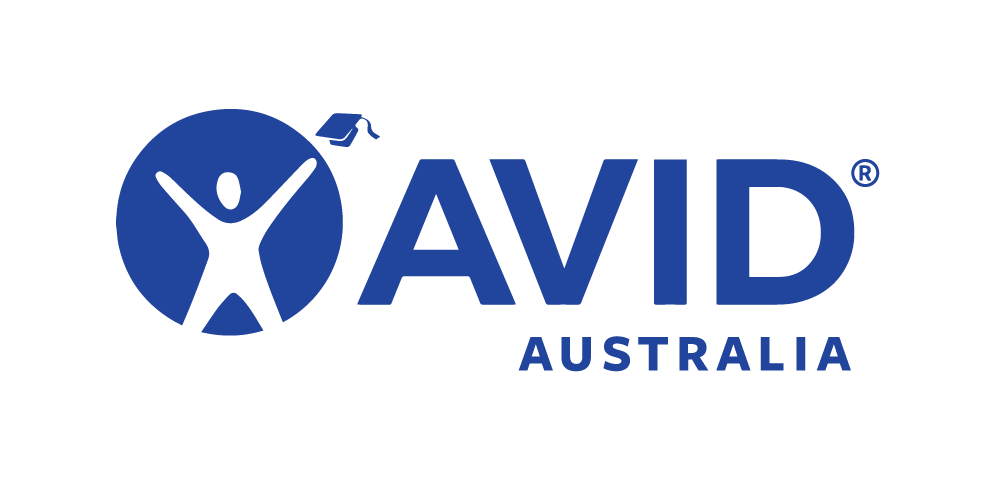An apprenticeship is generally completed under contract with an employer or group training organisation. This allows apprentices to learn all aspects of an occupation. Most of the training is done with the employer, but some off-the-job training in skills and competencies is undertaken part-time at a TAFE college or through a registered private training provider.
To start an apprenticeship you must first find either an employer or a group training company willing to employ you.
Apprentices employed by a group training company are “leased” to several employers on a rotational basis to receive the required on-the-job training and experience. This enables the participation of small employers who could not employ an apprentice full-time. It also gives apprentices a wider range of experience.
Finding an Apprenticeship
There are several ways to find an individual employer or group training company:
- Check newspapers for advertisements in the employment sections;
- Contact the Department of Training and Workforce Development’s Apprenticeship Office;
- Contact the Career Centre for advice and support;
- For information on apprenticeships in the Defence Forces, or contact the Defence Force Recruiting Centre;
- Contact employer groups and associations that may be of assistance;
- Write or telephone direct to suitable companies. You could make a list from entries in the Yellow Pages or a local business directory; and
- Contact your local Job Link.
Educational Requirements
As a minimum, employers prefer applicants who have completed Year 10 or its equivalent. Apprenticeships are highly competitive so it is becoming more common for successful applicants to have successfully completed Year 11, Year 12, or a pre-apprenticeship course. Employers may also specify certain Courses they want you to have passed. Check with your local TAFE campus about entry requirements for specific apprenticeship and pre-apprenticeship courses.
Training Agreement
Apprentices and employers sign a written contract called a Training Agreement. The agreement requires the employer to provide on-the-job training and allow time for off-the-job training. In return, the apprentice works for the employer for a specified period. The terms of the agreement cannot be broken without the consent of the State Training Authority. The first three months form what is known as the probation period. This enables the apprentice and the employer to assess whether each will be satisfied in the coming years of the apprenticeship. During this time, either the employer or the apprentice may terminate the agreement by giving the appropriate amount of notice in accordance with the award or employment agreement.
Training and Assessment
It is an employer’s responsibility to ensure that the apprentice receives balanced and organised on-the-job training in the required skills. The employer is also required to complete on-the-job assessments of the apprentice’s skills on a continuing basis. Off-the-job training can be either on a day-release basis or in blocks of one week or more spaced at intervals during the year. Country apprentices can take correspondence courses, use a computer package or workbook or receive the training in some other way. Time spent in off-the-job training counts as part of the term of the apprenticeship.
Term of Apprenticeship
Traditionally apprenticeships have been time-based – usually over a three-to-five year period – but this has changed. The new system is competency-based, which means that the apprentice will become qualified once sufficient competencies, backed by experience on the job, have been achieved. In some occupations, apprentices who have successfully completed an approved pre-apprenticeship course or a suitable traineeship and meet other criteria, may be eligible to serve a reduced term of apprenticeship. An apprentice remains the employer’s responsibility throughout the term of the training agreement.
Apprenticeship Trades
AIRCRAFT MAINTENANCE ENGINEERING
Aircraft Maintenance Engineer (Avionics)
Aircraft Maintenance Engineer (Mechanical)
Aircraft Maintenance Engineer (Structures)
AUTOMOTIVE ELECTRICAL TRADE
Automotive Electrical Fitting
BUILDING TRADES
Bricklaying
Carpentry and Joinery
Glazing-Bevelling
Modelling (Fibrous Plaster)
Painting and Decorating
Plastering
Plumbing and Gasfitting
Roof Plumbing
Roof Tiling
Signwriting
Sprinkler Fitting
Stonemasonry
Tilelaying
Wall and Ceiling Fixing
ELECTRICAL TRADES
Automotive Electrical Fitting
Electrical Mechanics
Electronic Servicing
– Television/Video
– Audio
– Digital
– Telecommunications
– Radio Communications
ENGINEERING TRADESPERSON (AUTOMOTIVE)
Motor Mechanics
Motor Cycle Mechanics
Marine Mechanics
Motor Mechanics (Small Engines)
ENGINEERING TRADESPERSON (ELECTRICAL)
Electrical Fitting
Instrument Fitting
Instrument Electrical Fitting
ENGINEERING TRADESPERSON (FABRICATION)
Boilermaking – Metal Construction
Boilermaking – Metal Construction and First Class Welding
First Class Welding
Jobbing, Moulding and Coremaking
Leadburning
Marine Aluminium Welding
Marine Fabrication/Aluminium
Marine Fitout
Marine Fitting
Patternmaking
Sheetmetal
Sheetmetal Painting
Vehicle Bodybuilding
ENGINEERING TRADESPERSON (MECHANICAL)
Electroplating (First Class)
Engine Reconditioning
First Class Machining
Fitting and First Class Machining
Fitting and Turning
Fuel Injection Fitting
Mechanical Fitting
Mechanics (Office Machines)
Plant Mechanics (Industrial)
Plant Mechanics (Agriculture)
Refrigeration Fitting
FOOD TRADES
Breadmaking
Baking (Combined Breadmaking/ Pastry Cooking)
Cooking
General Butchering
Pastry Cooking
Slaughtering
Smallgoods Making
FURNITURE TRADES
Cabinetmaking
Chairmaking
Floor Covering
French Polishing (including all wood finishing)
Machine Woodworking
Metal Furniture Making
Toolmaking and Jigmaking (Metal Furniture)
Upholstering Wood Turning
HAIRDRESSING TRADES
HORTICULTURE TRADES
Horticulture (Gardening)
Horticulture (Landscaping)
Horticulture (Nursery)
Horticulture (Turf Management)
OTHER TRADES
Art Glass
Dental Technician
Jewellery
Locksmithing
Optical Mechanics
Saw Doctoring
Shipwrighting and Boatbuilding
Tailoring
Watch and Clock Repairing
Weighing Instrument Mechanics
PRINTING TRADES
Binding and Finishing
Composition
Graphic Reproduction
Printing Machining
Screen Printing Stencil Preparation
VEHICLE BUILDING TRADES
Autobody Refinishing (Painting Vehicle Building)
Autobody Repairing (Panel Beating)












